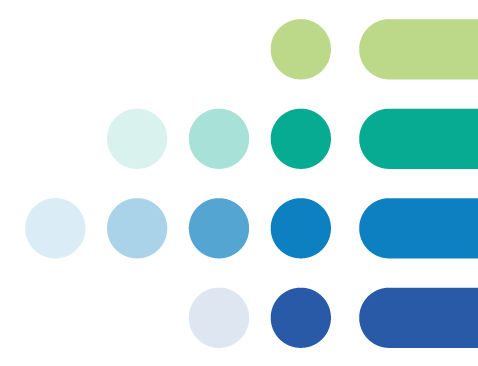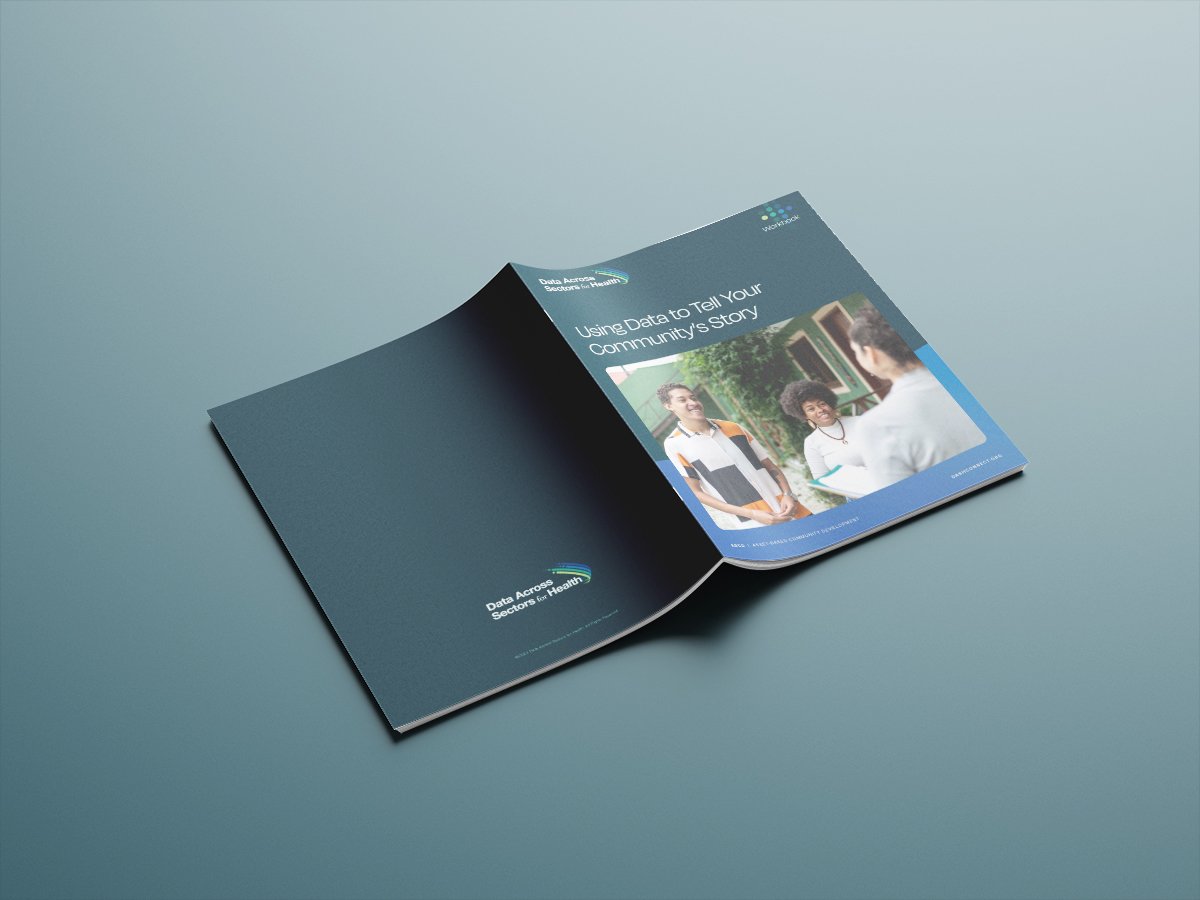News & Insights
Categories
Filters
Categories
Listening, Learning, and Doing in 2024
As the DASH program office looked back at 2024, we found that some interrelated themes have emerged from the projects we’ve undertaken this past year in collaboration with our partners: intentionality as a key stance, relationship as a key orientation, and co-design as a key dynamic.
How Narratives Give Data Meaning
Data can help formulate goals and strategies, and help develop sound policies. But data does not open minds or change mindsets. For that, a companion tool is needed: narrative.
Connecting Public Health, Technology, and Communities: The Path to Data Modernization
In a dynamic half-day workshop, which took place in advance of National Network of Public Health Institutes’ Open Forum, the Data Across Sectors for Health (DASH) team engaged nearly 30 public health professionals, equipping them with tools to make meaningful contributions to their organizations’ data modernization efforts.
Introducing the Incubator Funding and Support Program
DASH has launched its latest funding and support program, which seeks to explore equitable data governance, equitable grantmaking, and policy that impacts systems change.
What the New Census Updates Mean for Public-Health and Community-Based Organizations
The Office of Management and Budget (OMB) has updated the decennial census form to more accurately capture the demographics of our country. Community-based organizations (CBOs) and public health organizations can learn from the OMB’s work and from each other when considering equitable practices for collecting demographic data.
Pay Equity Is Health Equity: Compensating People With Lived Experience
Engaging people with lived experience in any project or policy work must be based on time, trust, equal partnership roles… and fair compensation, of course. Here are some suggestions on how to go about it.
Asset-Based Community Development Webinar – Part 2
The first webinar of DASH’s four-part series on Asset-Based Community Development (ABCD) offered an overview of the principles and tools used in the ABCD model. Registration is available for the remainder of the series.
Including People with Lived Experience (PWLE) – Thoughtfully
It is essential to include the people with the experience in research and action related to health, public health, and social determinants of health. But it’s also important to carefully consider what is meant by “inclusion,” and to ensure the term and its initialism do not become an objectifying shorthand.
Aiming for Whole Health with Community-Centric Health Data Exchange
Some HIEs, HDUs, and other health data collaboratives have taken steps and are working to reach beyond clinical walls, collaborating with community partners and social service providers. While this type of multi-sector data sharing yields benefits in whole-person care, collaboratives must first plan carefully for the foundational work of relationship building.
Introducing the DASH Asset-Based Community Development Webinar Series
DASH is looking forward to hosting a free four-part webinar series on Asset-Based Community Development, starting in March, 2024. The series will be presented by Darryl Answer of Verge Solutions and Ron Dwyer-Voss of Pacific Community Solutions, as well as their DePaul colleague Indigo Bishop.
Three Biden Administration Publications Give Multisector Collaboration Its Due
The Biden administration published an important trio of publications affirming the importance of multisector collaboration across social care, health, and public health systems, and we at DASH could not be more pleased.
Why Data Modernization Starts with Human Connection
DASH has been providing technical assistance to PHIG grantees for the Data Modernization Initiative portion of the grant, and two DASH staff members presented at the Region 5 convening: co-director Melissa Moorehead and program manager Ellen Clewett.
Goodbye, Hello
As we welcome the new year, we take stock of our goodbyes and hellos here at Data Across Sectors for Health (DASH). Read about DASH’s developments over the past year and all that is to come – all in the name of promoting health equity through multisector data sharing.
DASH and the Data Modernization Initiative
Data Across Sectors for Health (DASH) is proud to be providing technical support to organizations seeking to upgrade their information processes and systems through the CDC’s Data Modernization Initiative (DMI). The DMI is part of the CDC’s response to issues in our health information systems that COVID brought to the fore.
The All In National Inventory 2.0: The State of Our Field
The All In National Inventory 2.0 survey captures the experiences of organizations participating in multisector data sharing. DASH, along with partners from the All In network and data.org’s Rising Equitable Community Data Ecosystems (RECoDE) team produced and disseminated this survey in 2021. Here are the results.
Equity in Data, and in Grantmaking: DASH’s Incubator
The Incubator’s goal is to advance equity in data ecosystems – and in grantmaking – by lifting up the priorities and leveraging the expertise of community-based organizations, and, crucially, of the community members they serve.
Informational Webinar: New Funding Opportunity by DASH for Past Grantees
Data Across Sectors for Health (DASH) is excited to introduce the Incubator, a unique grant and support program, available for past grantees, that will advance equity in data ecosystems.
DASH Releases ABCD Workbooks
Data Across Sectors for Health (DASH) released two workbooks to help communities recognize data as an important asset in improving health equity.
ABCD: Creating a Climate of Possibility
Focusing too much on the problems of a community makes it seem like residents are helpless victims who can’t take charge of their own lives. It implies that help can only come from the outside, which then prevents community members from defining their own future. Asset-based community development (ABCD) stands this narrative on its head.
10,000 Hours in Washington
We love expertise. It entertains us. It gives us hope. We trust it. We love expertise so much, we even quantified it: 10,000 hours of practice. That’s what it takes to become an expert. Strangely enough, there’s an important part of life where we don’t trust the experts to make decisions for us. But that might be changing in the State of Washington.




















